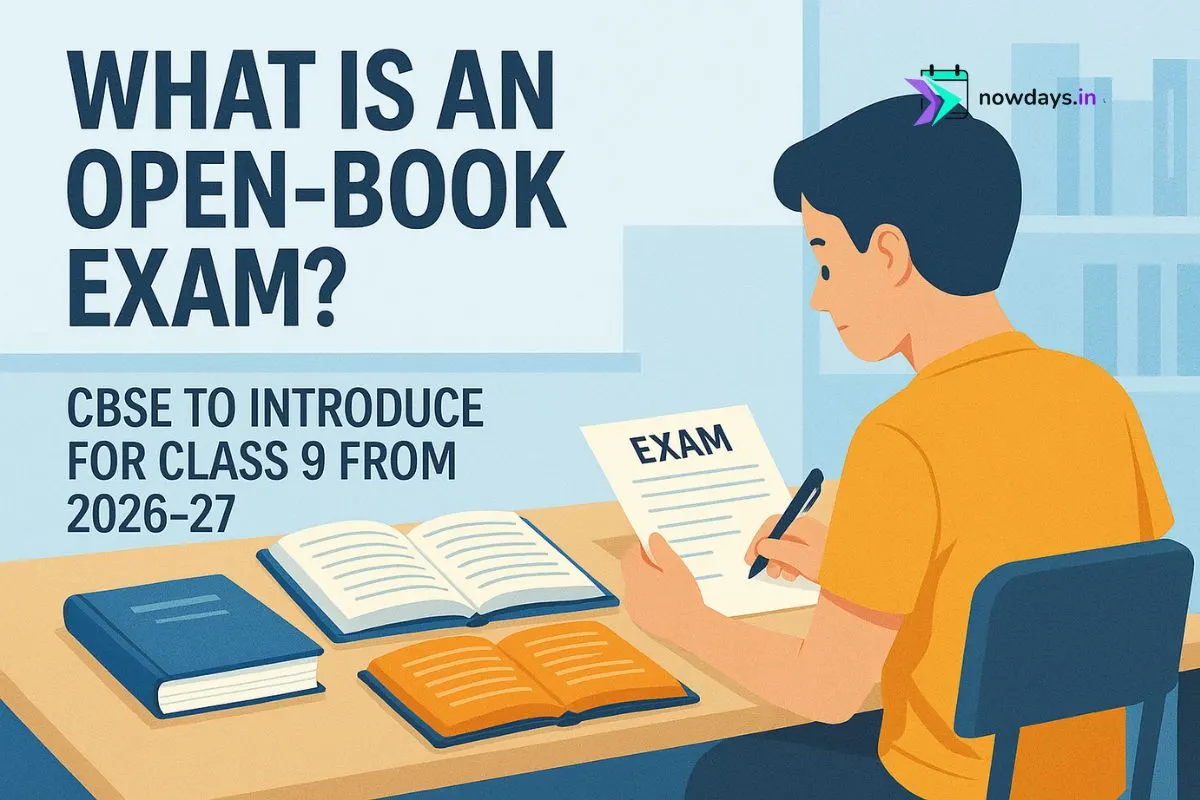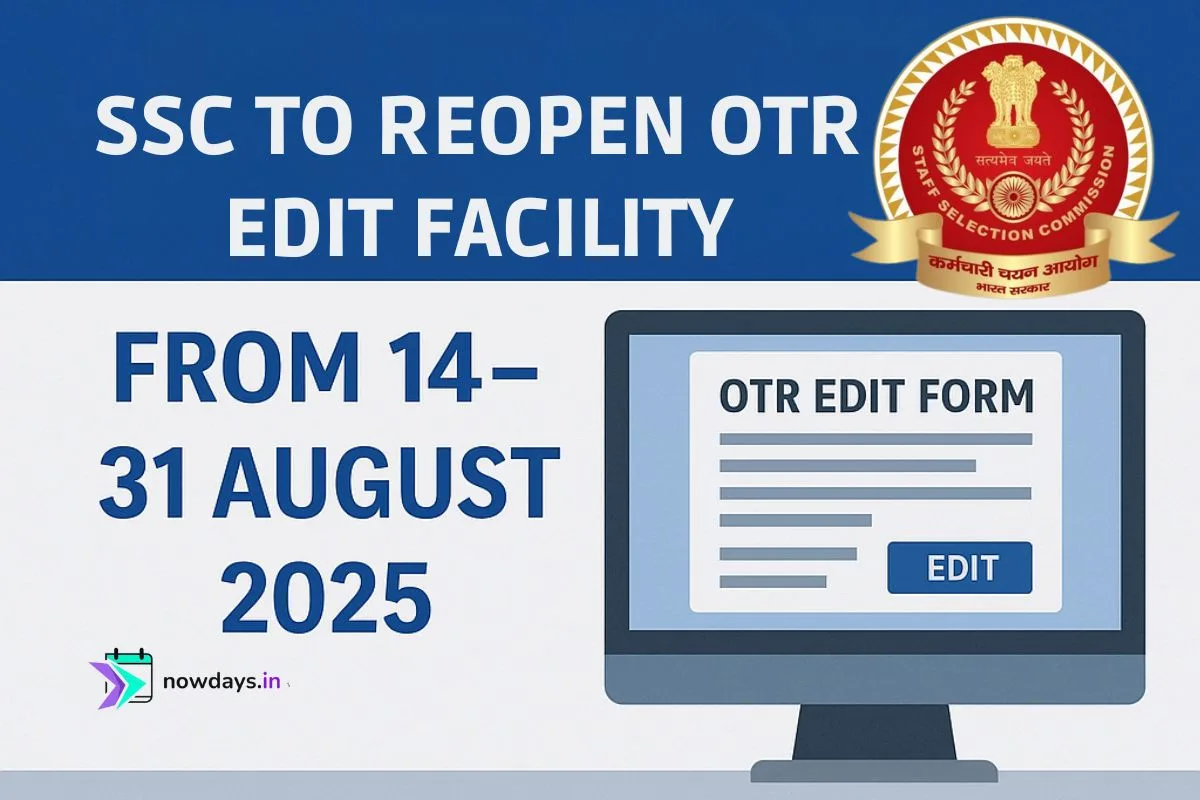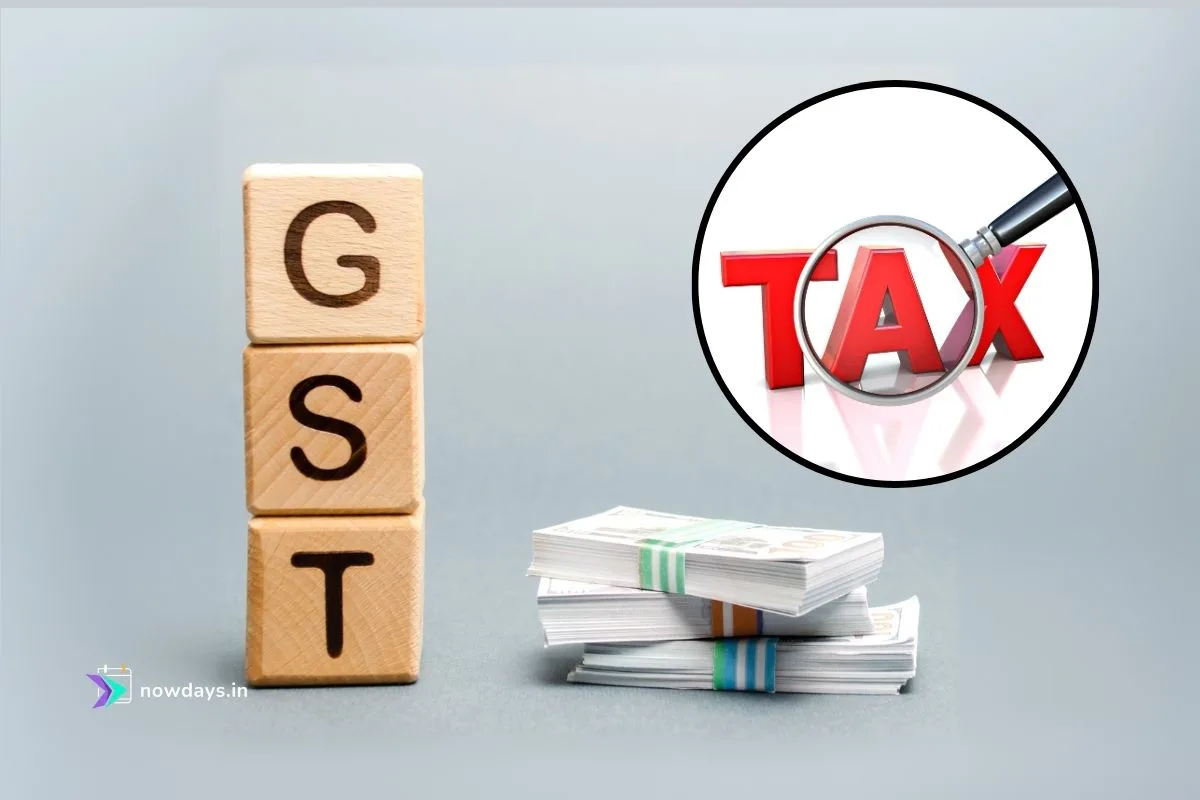The Central Board of Secondary Education (CBSE) has approved the introduction of open-book assessments for Class 9 starting in the 2026–27 academic session, marking a significant shift from rote memorisation to competency-based learning under the National Curriculum Framework for School Education (NCFSE) 2023 and the National Education Policy (NEP) 2020. The decision follows a pilot study across selected schools and a June meeting of the CBSE Governing Body that cleared the framework for implementation in core subjects.
What Is an Open-Book Exam?
An open-book exam allows students to refer to textbooks, class notes, and authorised materials while answering questions, shifting the focus from recall to interpretation, application, and synthesis of information in new contexts, as envisaged by NCFSE 2023. In practice, questions are designed to assess higher-order thinking—application, analysis, problem-solving—rather than memory of facts.
How CBSE Will Implement It in Class 9
- Scope and subjects: Open-book assessments (OBAs) will be integrated into internal evaluations for Class 9 as part of three pen-and-paper assessments per term, covering language, mathematics, science, and social science.
- Advisory model: CBSE will issue guidelines and exemplar papers; adoption will be recommended rather than mandatory, allowing schools to pilot and adapt within the framework.
- Alignment with policy: The rollout aligns with NEP 2020’s push for competency-based assessment and gradual rebalancing of question types toward analysis and application.
What the Pilot Study Revealed
CBSE’s pilot, approved in late 2023, tested OBE formats across Classes 9–12 to study feasibility, completion time, and stakeholder feedback, using cross-cutting themes without adding extra reading loads. Reported student scores ranged from 12% to 47%, indicating that many found it challenging to extract, interpret, and apply information effectively even with resources—underscoring the need for teacher training and question redesign. Despite initial difficulty, teacher support for OBE was strong, citing potential gains in critical thinking and reduced exam stress when implemented well.
Expert Take: Why It Matters
Assessment specialists argue that OBEs compel a redesign of questions toward case-based, real-world tasks that require comprehension, data use, and reasoning—skills prioritised by NEP 2020 and NCFSE 2023. CBSE officials have separately articulated a longer-term goal of increasing competency-based question weightage up to 50% in senior classes, even as Classes 10 and 12 remain outside the OBE pilot for now. Education analysts note that OBEs do not make exams “easier”; they demand conceptual clarity, time management, and the ability to navigate materials efficiently under exam conditions.
What Will Change for Students and Schools
- Classroom instruction: Expect a shift from note dictation and chapter-end recall to concept mapping, problem-solving, and discussion-led learning, with more emphasis on cross-topic linkages.
- Question design: Papers will include application-driven prompts, data-based items, and scenario analyses where materials help but do not replace reasoning.
- Preparation strategy: Students will need to build indexed notes, practise rapid retrieval, and develop structured answering approaches rather than rely on memorised paragraphs.
- Teacher readiness: Effective OBE demands training in crafting competency-based questions, rubric-based grading, and guiding students on using resources strategically during limited time windows.
What It Is Not
- Not a replacement for understanding: OBEs will not reward copying from books; poorly designed prep will still underperform due to time constraints and analytical demands.
- Not board-wide for Classes 10 & 12 (yet): CBSE and officials have clarified that senior board exams are excluded from the OBE pilot at present; the Class 9 move is a controlled, phased reform.
- Not an “extra reading burden”: The pilot model focused on the same curricular materials, testing how students apply what they already study rather than piling on new content.
Readiness Checklist for Schools
- Audit assessments: Align school-level term tests with OBE-style competencies, using CBSE guidelines and exemplars.
- Build resource policies: Define which materials are permitted, how they must be organised, and how invigilation will ensure fairness.
- Train teachers: Conduct workshops on writing competency-based items, time-bound evaluation, and feedback practices.
- Coach students: Teach note organisation, referencing techniques, and answer structuring to operate efficiently during OBEs.
The Road Ahead
CBSE’s Class 9 OBE rollout from 2026–27 is a system-level nudge toward assessments that mirror real-world problem-solving rather than memorisation, backed by pilot learnings and teacher support. With guidelines to be issued and adoption recommended (not mandated), the transition will depend on schools’ capacity to redesign teaching, assessment, and feedback loops—changes that, if executed well, can meaningfully raise the quality of learning outcomes under NEP 2020.










